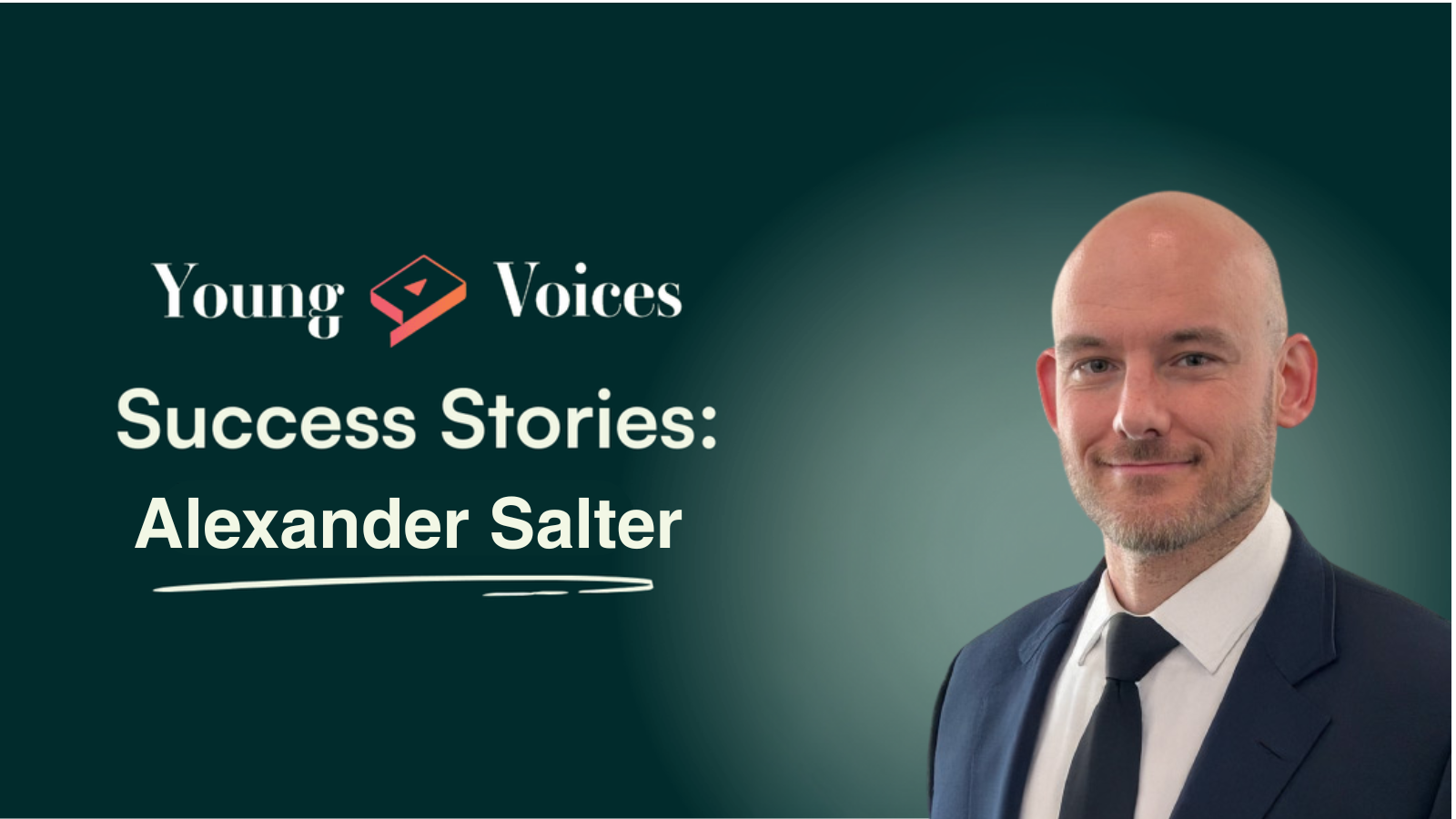
This week's alumni interview is with economist and writer Alexander Salter. Alexander joined Young Voices in 2020 and since then we've helped him get published in many outlets including several appearances in the The Wall Street Journal. For his achievements, Alexander won the Young Voices Contributor of the Year Award in 2021.
He has become a formidable and compelling advocate for free enterprise. Alexander is currently the Georgie G. Snyder Associate Professor of Economics in the Rawls College of Business at Texas Tech University.
What led you to the world of economics and academia? Tell us about your career path.
I studied economics and math in college. I wanted to be an investment banker. The financial crisis made that difficult. I graduated in 2010, but Wall Street still wasn’t eager to hire. I decided to go to graduate school. Worst-case scenario, I could get a private-sector job with better credentials when markets stabilized. (Prospective Ph.D. students: don’t do this! The only reason to go to grad school is to become a professor. Nothing else is worth the opportunity cost.) My Ph.D. program at George Mason completely changed the way I viewed economics and politics. I got excited about ideas and the academic life. Becoming a professor was largely an accident, but it turns out it was the best thing for me!
You are a strong proponent of the free enterprise system as well as a professor of economics. How can we teach young people the value of free enterprise as opposed to alternatives such as socialism?
Genuine socialism—public ownership of the means of production and exchange—is probably the most discredited idea of political economy. It’s supported today by those who don’t understand the difference between socialism and the welfare state, as well as a small number of “true believers” who are immune to evidence and hence are unpersuadable. Thankfully, most people are open to discussion. Theory and history show that socialism destroys material prosperity, political liberty, and humane society. We need to teach how markets work and be honest about the great policy debates of the 20th century. There’s no magic bullet.
How did Young Voices help you become a more well-rounded person and writer?
I had far too high an opinion of my writing abilities when I first joined Young Voices. Op eds were just an easier version of academic writing, I thought. Wrong! Writing for the public is an art. Honing it requires an incredible amount of practice. Thanks to Young Voices, I’ve made great progress in acquiring the right skills. Interestingly, learning to write for the public has improved my scholarly writing, too. My prose is much more readable. The opposite of what I envisioned happened: learning to talk to the “intelligent layman” helped me make better arguments to my scholarly peers.
As someone who has achieved success in multiple fields, what’s your advice for pro-liberty young people seeking a career in policy, journalism, or academia?
Specialization is overrated. An odd position for an economist to take, but it’s true! Maintain a wide-ranging outlook and make sure you can write on multiple topics. Of course, you’ll have a particular expertise—mine is monetary policy—but your appeal will be broader if you can handle multiple topics competently. This is also helps to prevent professional burnout. Personally, I’d be miserable if I had to limit myself to one subject or theme.
Now for some more typical advice: learn economics. Be familiar at least with supply and demand and its applications. It’s relevant to everything. There’s a great book online free of charge: Universal Economics by Armen Alchian and William Allen. Policy wonks and journalists will find a wealth of ideas and concepts that will improve their arguments. Academics will find a sophisticated way of looking at the world that illuminates society’s hidden logic, which is especially valuable for fields outside economics.
Which published works or media appearances Young Voices placed for you are you most proud of?
Definitely my work in the Wall Street Journal. I submitted my first piece to WSJ when I was a first-year grad student. After ten years of trying to get in, I finally cleared the hurdle. I doubt I would’ve made it without the fantastic editorial support I got from Young Voices. Never give up!
You’ve got a lot of projects including a published book, a frequent presence in the media, and a full-time teaching job at Texas Tech University. Can you tell us a little bit about your plans for the future and the best way people can follow your work?
I’d like to get more involved in politics and public policy. School choice at the state level and reforming the Fed at the national level are two hot-button issues where liberty advocates can do a lot of good. The public is rightly angry about failed government schools and rampant inflation. We can’t afford to lose the moment.
In academia, I’m working on some projects to preserve and revitalize Chicago-UCLA style price theory. This unique and powerful approach to studying markets is dying out as older generations of scholars retire, and newer generations become infatuated with flashy techniques that lack social-scientific substance. Understanding the role of prices in allocating resources and coordinating production is what economics is all about. If it goes, so does the economics profession!
As for my work, I make all my papers and articles available at my website (www.awsalter.com). I love hearing from readers, so please feel free to email me.
Thanks so much to Alexander for his thoughtful answers! Stay tuned for our next alumni interview.
Support Young Voices' work empowering rising leaders for liberty like Alexander